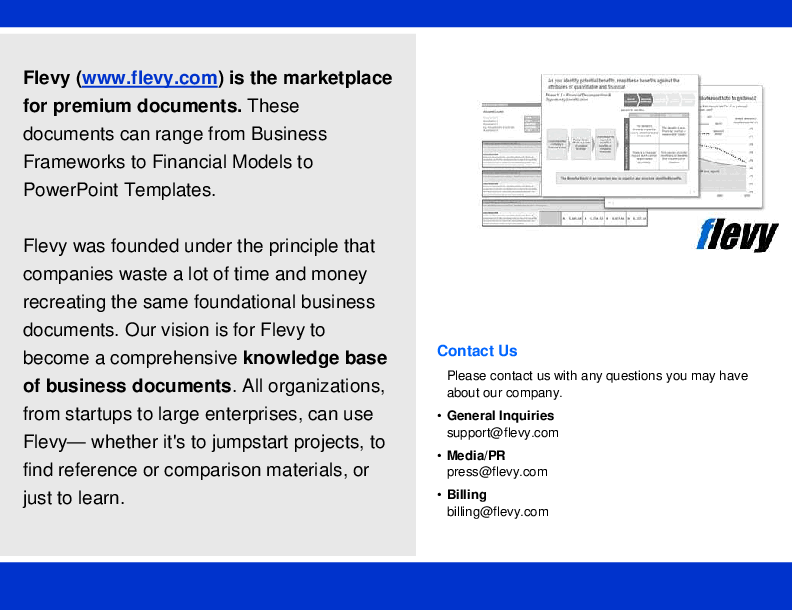BENEFITS OF THIS PDF DOCUMENT
- Provide an Understanding for the initial Analysis Phase.
- Provide an Answer for the questions mentioned in this document.
- Assess the answers of the questions and moving to the design phase
ACCOUNTS PAYABLE PDF DESCRIPTION
These questions assess the ERP Consultant to gather accounts payable requirements on customer organization. The applicant's answer will indicate their accounts payable knowledge and information. This information is vital because ERP Consultants must be able to gather the requirements needed to be able to design their processes on the ERP Application, so they will assess whether they will use the standard application, make Workarounds or design customization in their ERP system.
The reason for this question is to determine the fundamental knowledge of financial information. The answer explains the candidate's basic understanding of Accounts Payable Knowledge. It is important to initiate the Analysis phase or ERP Projects with this questionnaire as a step toward going into detailed analysis.
This document is the kick-stone for the beginning of the analysis phase conducted by the ERP Consultant when starting a project, as it is the vital stage to make a better understanding of the "AS-IS" Analysis Phase, therefore they should create "To-Be" document according to this step.
Got a question about the product? Email us at support@flevy.com or ask the author directly by using the "Ask the Author a Question" form. If you cannot view the preview above this document description, go here to view the large preview instead.
Source: Best Practices in Accounts Payable PDF: Accounts Payable Questionnaire - D365BC PDF (PDF) Document, Ahmed M. Rafik


